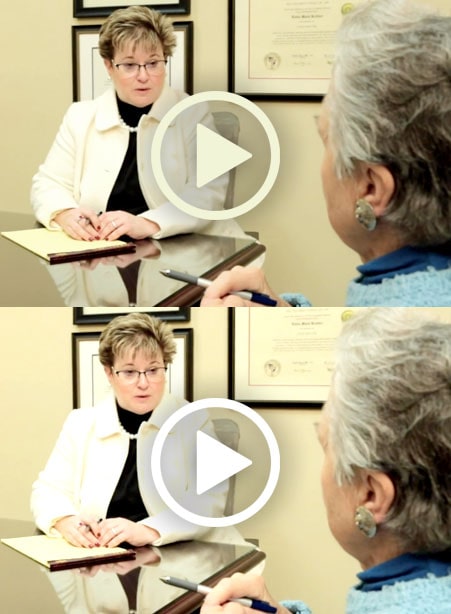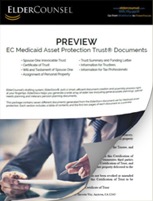Walpole Probate Lawyer
Helping Heirs, Devisees and Beneficiaries Get Their Walpole Inheritance Sooner Rather Than Later
Probate is the legal process supervised by a magistrate or judge to give effect to a will and distribute the decedent’s real and personal property to the intended heirs and beneficiaries. A person’s estate could include a home, cars, investment property, and countless items of personal property ranging from music, books, and clothing to jewelry and expensive works of art. All of this property must be gathered together, inventoried, valued or appraised, invested or managed, and eventually distributed according to the terms of the will, but only after debts and claims against the estate are paid or resolved and the estate’s taxes have been paid as well.
The Walpole probate lawyers at Fisher Law LLC can guide you through the probate process, helping the estate’s personal representative perform complex tasks and helping heirs and beneficiaries access their inheritance at the earliest possible date. For help with probate in Walpole, contact Fisher Law LLC.
Probate Versus Non-Probate Assets in Walpole
Not all assets that belonged to the decedent have to go through probate in order for title to pass to an heir or beneficiary. Generally speaking, only property that is titled solely in the decedent’s name or belonging solely to the decedent has to go through probate first. For example, here are some assets where title transfers from the decedent to another person outside of probate:
- Real property that was held by the decedent and another person (usually the spouse) as Joint Tenants With Right of Survivorship (JTWROS) or Tenants by the Entirety
- Proceeds of a life insurance policy with a designated beneficiary
- Benefits from an IRA, 401 (k), or other retirement or pension plan that named a beneficiary
- Joint bank accounts
- Bank accounts with a Transfer on Death (TOD) or Payable on Death (POD) designation
- Property held in a trust created by the decedent that names one or more beneficiaries, including revocable living trusts, irrevocable trusts, and special needs trusts
If the property is instead titled only in the decedent’s name, then it will have to go through probate in order to transfer the title to the heir. This could apply to stocks, bonds, bank accounts and all manner of the decedent’s personal property. Even real property that was held in joint title might still have to go through probate, depending on the specific form of title used.
At Fisher Law LLC, we deal with Walpole estates of all shapes and sizes. We’ll help you sift you through the decedent’s records, identify what must be probated, and guide you through the Massachusetts probate process. Depending on the size and nature of the estate, the estate might qualify for:
- Formal Probate
- Informal Probate
- Late and Limited Formal Probate
- Voluntary Administration
Each of these processes has different timelines and procedures. We can help you determine which probate process is appropriate for the estate.
What if the Decedent Died Without a Will?
A decedent who didn’t leave a valid will is said to have died “intestate.” Intestate estates also go through probate, and the contents of the estate are distributed according to the Massachusetts laws of intestacy, also known as the laws of intestate succession. Intestacy could apply if the decedent didn’t leave a will, if he or she left a will but it was declared to be invalid, or if there was a valid will that didn’t dispose of all property belonging to the estate.
The Massachusetts laws of intestate succession determine where the property goes and in what proportion. Generally speaking, if the decedent left a surviving spouse but no living descendants or parents, then the spouse inherits everything. If the decedent left surviving children but no surviving spouse, then the children inherit the entire estate. From there, the laws get more and more convoluted. Grandchildren and great-grandchildren could stand to inherit, as could parents and siblings of the deceased. More and more distant relatives will be sought to receive the estate if no closer relatives can be found. Eventually, the property could go to the state through a process known as escheat, although the goal is to get the property to living family members first, however remote they may be.
Help With Probate in Walpole, Massachusetts
For help with probate in Walpole, call Fisher Law LLC and schedule a consultation with a knowledgeable and professional Walpole probate lawyer. We pride ourselves on connecting with clients on a personal level while delivering top-quality legal services to help them with their needs and goals.





